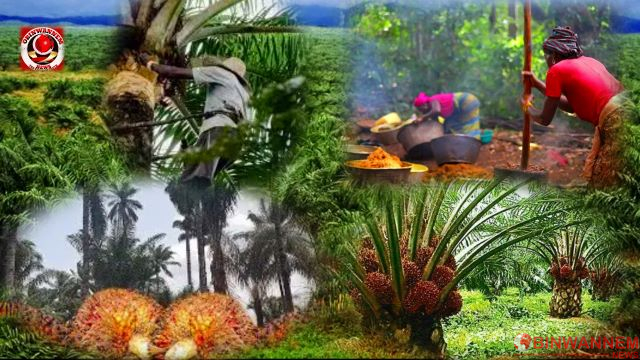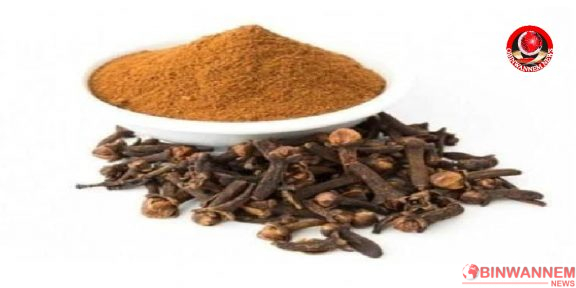Palm trees are an integral part of the landscape in Igbo land, Nigeria. These majestic trees, with their towering trunks and fan-shaped leaves, hold great cultural, economic, and ecological significance. Read on as we explore the numerous benefits that palm trees provide to the people and the environment in Igbo land as a whole.
-
Nutritious Food Source
The palm tree is a vital source of nutrition for the people of Igbo land. Its fruits, known as palm fruits or oil palm fruits, are rich in vitamins A, E, and K. These fruits are used to produce palm oil, a staple in Igbo cuisine. Palm oil is not only used for cooking but also as an ingredient in various traditional dishes, adding flavour and richness to the food.
-
Economic Livelihood
Palm trees play a significant role in the economic development of Igbo land. The palm oil industry provides employment opportunities for many people in the region. Local farmers cultivate palm trees and harvest the fruits, which are then processed into palm oil. The palm oil industry contributes to the local economy, generating income and improving the livelihoods of the people.
-
Traditional Crafts and Industries
Palm trees offer raw materials for various traditional crafts and industries in Igbo land. The leaves of the palm tree, known as raffia palm leaves, are used for weaving beautiful baskets, mats, hats, and other handicrafts. These crafts are not only essential for local use but also serve as a source of income through tourism and trade.
-
Medicinal Properties
Palm trees have long been recognized for their medicinal properties in Igbo culture. Different parts of the palm tree, including the leaves, bark, and roots, are used in traditional medicine. The palm leaves are used in the treatment of various ailments, including stomach disorders, wounds, and skin infections. The bark and roots are known for their anti-inflammatory and antipyretic properties.
-
Environmental Importance
Palm trees are crucial in maintaining the ecological balance in Igbo land. They help prevent soil erosion and conserve water by acting as a natural barrier against strong winds and heavy rains. The extensive root system of palm trees helps stabilize the soil, making them invaluable in preventing land degradation and preserving the fertility of the land.
-
Renewable Energy Source
Palm trees offer a sustainable and renewable source of energy in Igbo land. The empty fruit bunches, a byproduct of palm oil processing, can be used as a biofuel for cooking and heating. This reduces dependence on conventional fuels such as firewood and charcoal, leading to a more sustainable and eco-friendly energy solution.
Conclusion
Palm trees hold immense value and significance in Igbo land, providing numerous benefits to the people and the environment. Palm trees remain an integral part of Igbo culture and heritage, from being a source of nutritious food to supporting the local economy, traditional crafts, and medicine. It is important to recognize and preserve the rich ecosystem palm trees contribute to, ensuring their continued presence for generations. Igbo land must be great again!

















